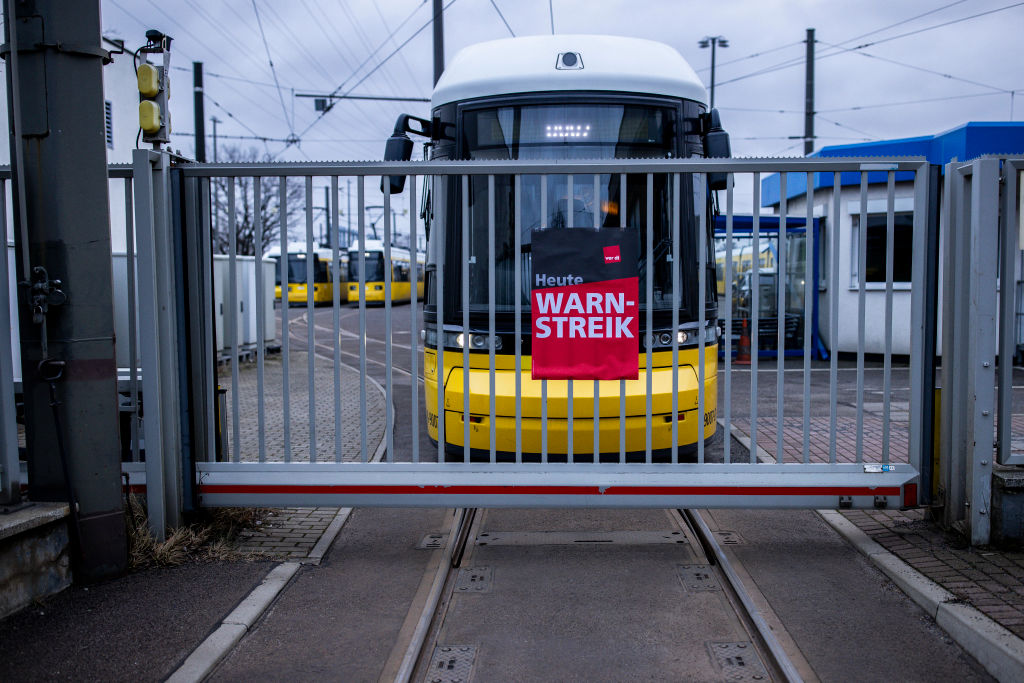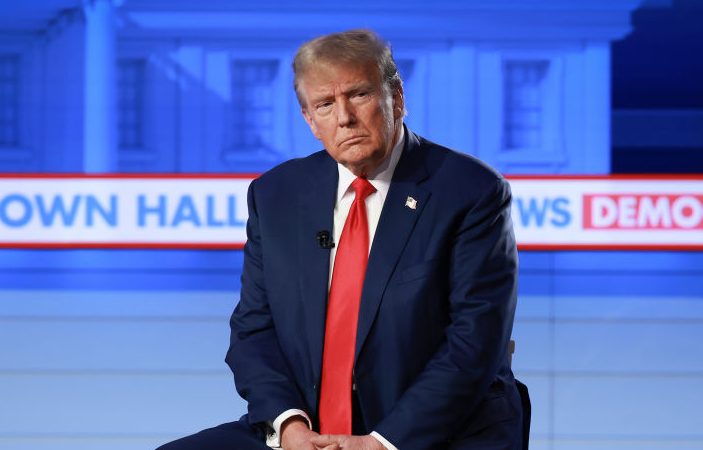The current policy of Russian President Vladimir Putin seems to be a demonstration of strength, but in reality, it is a symptom of Russian weakness. The country has no future, and invading Ukraine will not change that.
First of all, for Russia to have a future it needs future Russians: The current fertility rate across the Russian Federation is on average 1.8 births per woman, which is significantly below the replacement rate of 2.1 needed to keep the population stable. Unless there is a surprising baby boom, Russia will lose a quarter of its population by the end of 2060, a trend that is most likely to be accelerated, not slowed down by an ongoing war of attrition.
While declining birth rates are a global trend, Russia has additional problems to wrestle with: In no country does the life expectancy between men and women differ so widely. The average Russian man has a life expectancy of just under 64 years, while Russian women can expect to live almost 77 years. Rampant alcoholism and drug abuse among men lead to early deaths, a development made worse by the spread of heroin abuse and high HIV infection rates, that in some areas reach levels usually only seen in African countries.
War and a demographic structure in which drugs, HIV, and poverty decimate the population is a constant reason for the younger generation to turn their back on the country. Although the war makes it harder for young Russians to leave, the occurring brain drain is real, and will be a growing problem in the years to come.
Further, the much hyped alliance between Moscow and Beijing is much less harmonious than it currently appears: Certainly, demographically speaking, Russia and China would be the perfect couple for a geopolitical matchmaking agency: Mother Russia is running out of sons, while in China there are only 100 women for every 120 men.
Other than that, however, the conflict potential between the two countries is enormously high: Central Asia and the future of Siberia are points of contention, and Beijing is subtly but relentlessly making its territorial claims on the Russian Far East known. In 2023, for example, newly printed government maps started to use Chinese names for Russian cities and areas. Vladivostok, a port city on the pacific coast of the Russian Far East, is now referred to by its Chinese name: Haishenwai.
Despite all the friendly gestures in public appearances, there is an increasingly intense tug of war between Beijing and Moscow to secure the loyalty of the Central Asian states of Kazakhstan, Uzbekistan, Turkmenistan, Kyrgyzstan, and Tajikistan. Both Russia and China are increasingly dependent on the wealth of resources of these countries. At the moment, Beijing benefits from the Ukraine war: The more Putin has to concentrate on the US and Europe, the greater Russia’s dependence on China will become, which Xi Jinping can convert into Russian concessions in Central Asia and elsewhere if he should choose to do so.
Another problem will be the future of Siberia. At the time of writing, a growing wave of migration from China into the Russian hinterland is already taking place, and one cannot rule out that at some point a tacit annexation could turn into an actual annexation.
Even if this topic is currently being studiously avoided, it has not escaped Russian nationalists that a creeping colonisation is taking place east of the Ural Mountains. Should Beijing take a page out of Moscow’s playbook and distribute Chinese passports to “those in need of protection” in Siberia, Russia would fall victim to exactly the policy it itself is currently practicing in Ukraine.
Under current conditions, it may make sense for both Beijing and Moscow to cooperate. But in the long run, an alliance between the two powers will become increasingly difficult.
China itself benefits less from an alliance with Russia than from a long-term conflict between Putin and the West, something that even Putin has to realise at some point. As long as Russia is useful to China, support will continue because the Chinese Communist Party is well aware of the shift in power favoring their position.
In all of this lies a potential opportunity for European foreign policy: Russia cannot afford a conflict in the East and West, and the resource-rich East is strategically of much greater importance than eastern Ukraine.
Moreover, strategists in Moscow should be aware that even with an EU and a NATO expansion eastward, the risk of aggressive foreign policy by the Chinese is much higher than the potential for aggression from Brussels or Washington. Attempting to resolve the Ukraine conflict in light of Russia’s strategic problems could potentially force Putin to the negotiation table.
Moscow’s propaganda can continue agitate against the West, but the future of Russia is decided on the economic and demographic front, not in the Donbass. The EU would be in a good position to highlight these weaknesses while simultaneously exploring ways to cooperatively address them and, in return, demand concessions in Ukraine.






Qin dynasty China, a presidential assassination and post-Covid Sweden: They all have lessons on administrative reform for the European Union